Our fourth and final wave of contributors share their favourite books of 2019 (so far).
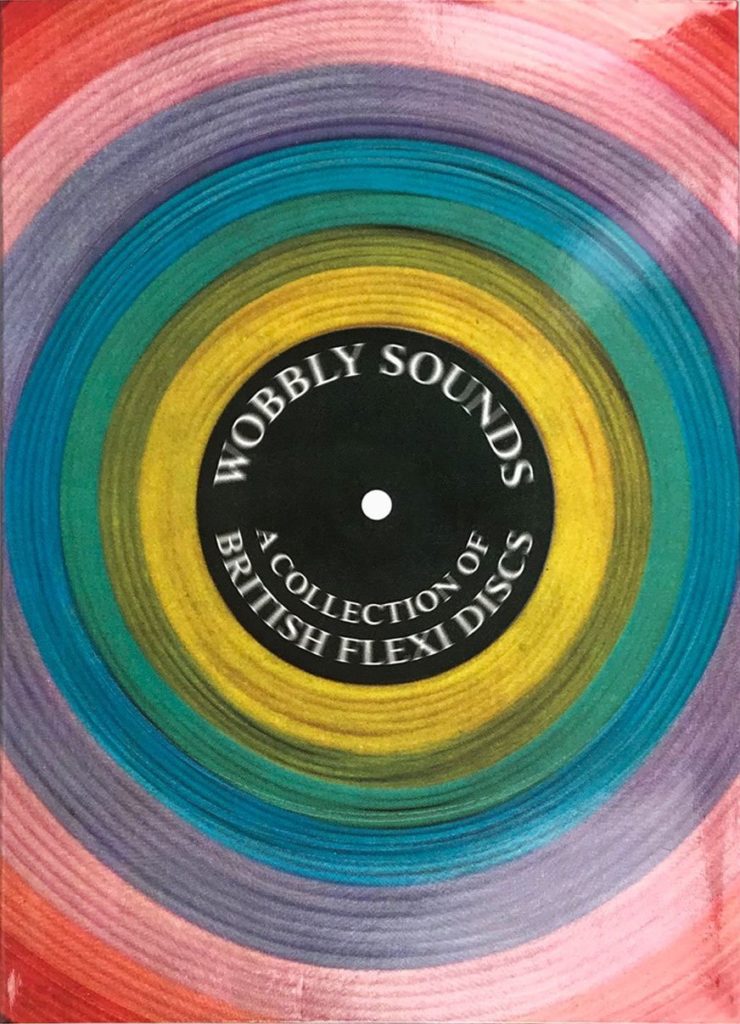
Wendy Erskine
Although I was enjoying the sextastic hit of the summer, Three Women by Lisa Taddeo, I nonetheless felt myself being called back again to Wobbly Sounds: A Collection of British Flexi Discs. Flick through the pages of this startlingly various assemblage of flexi-discs dating from the 50s to the 90s and you will come across many gems of strange noise and proto multi-media: garden bird songs; ‘You and your Bendix’ (Please play this record now! Listen before you wash!); instructions for the care of hairpieces: synth sounds from EMS. Jonny Trunk takes us through the history of these cheap plastic miracles in the introduction and Alan Dein traces the fortunes of Lyntone, the company responsible for the bulk of their production. I love the fact that when Lyntone got the order to manufacture Hare Krishna flexi-discs, this was with the proviso that boss Paul Lynton spent a day in contemplation at the Krishna temple. And I love the cover of this book. Its splashy, shiny, wobbly feel is perfect.
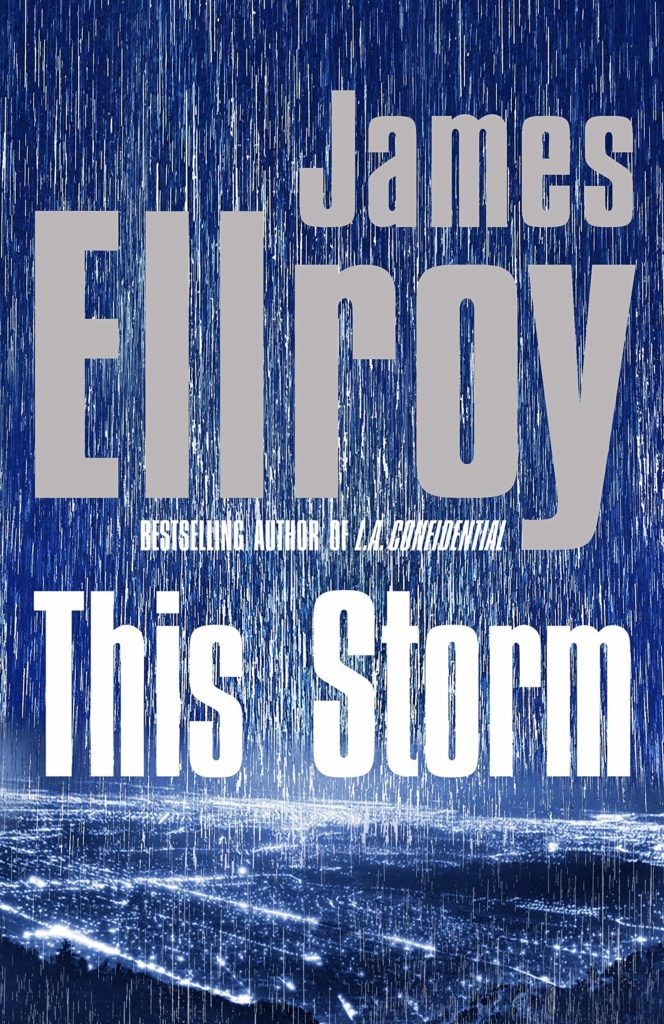
Jamie Collinson
Any year that sees a new James Ellroy novel published is already well on the way to being a great one. This Storm, his latest, is the sequel to 2014’s Perfidia, and the second instalment of his second LA Quartet. LA is in the throes of World War Two: Japanese internment, paranoia, profiteering and conspiracy – a backdrop perfect for Ellroy’s primary antagonist, police captain Dudley L Smith. His nemesis Captain Bill Parker is back, as is his lover, the bold, newly moral Kay Lake. Perfidia’s Japanese forensic scientist Hideo Ashida returns, alongside previously established characters such as the ill-fated Buzz Meeks. Storms both literal and figurative blast through the novel and give it its title.
Ellroy might not be at the peak of his powers – represented by American Tabloid, LA Confidential and White Jazz – but he’s a living, breathing master, and every novel is worth devouring. The hallmarks are all there: the telegraphic, ultra-short sentences (with each book, I marvel anew at how much is packed into such brief paragraphs), the violence and corruption, the fevered desire and the classical music. This Storm is intoxicating, compulsive and a little bit mad – brilliant stuff from a towering writer.
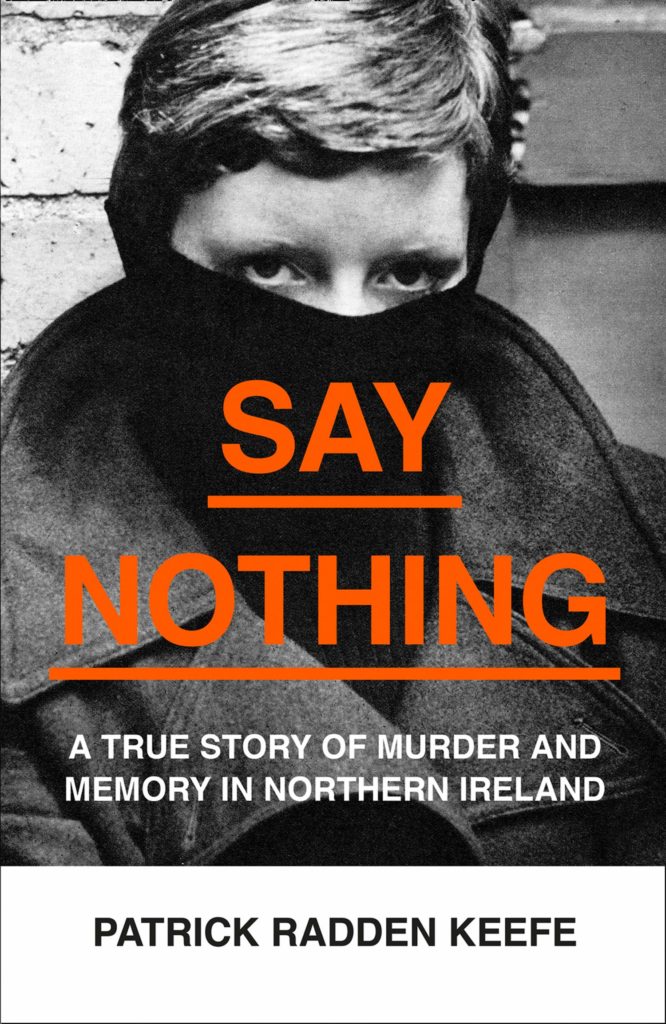
Jeff Barrett
Say Nothing: A True Story of Murder and Memory In Northern Ireland by Patrick Radden Keefe (William Collins)
Go Ahead In The Rain: Notes to A Tribe Called Quest by Hanif Abdurraqib (University of Texas Press)
Norco ’80: The True Story of The Most Spectacular Bank Robbery in American History by Peter Houlahan (Counterpoint)
Sweet Home by Wendy Erskine (Picador)
The Cartel by Don Winslow
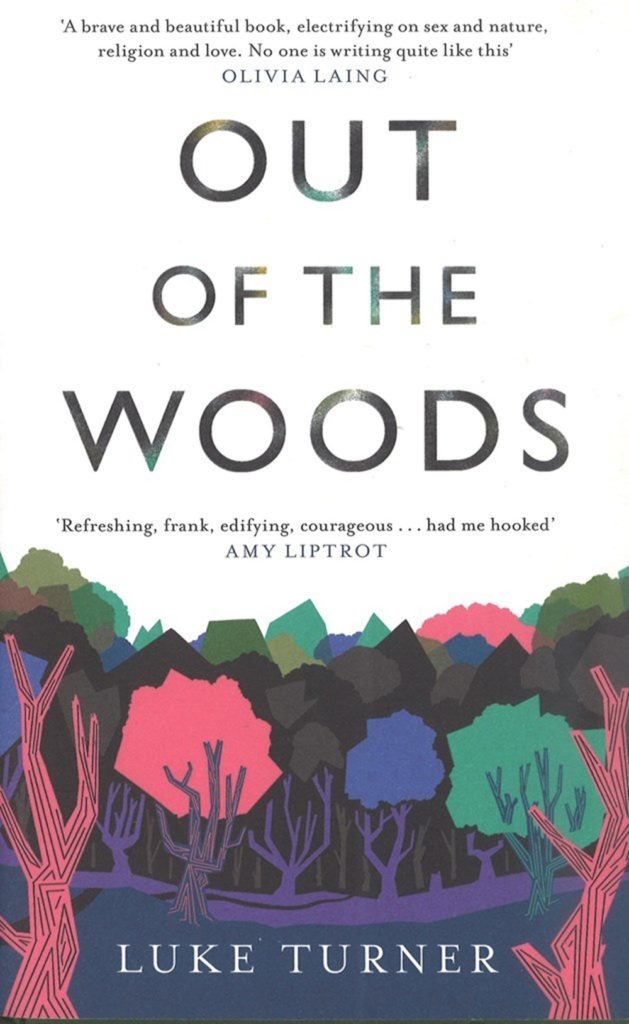
Wolfgang Buttress
There have been many books which I have been inspired by and enjoyed in 2019- Underland by Robert Macfarlane, Maria Popova’s Figuring, The Order of Time by Carlo Rovelli and I eventually finished My Struggle by Karl Ove Knausgård.
The book which deeply resonated with me has been Out of the Woods by Luke Turner. Like mycelium, a myriad of themes are bravely, emotionally and honestly articulated and connected through the personal and intimate experiences of the author. He seems to suggest that we are all connected to the trees through nature, culture, history and memory but like so many things this is both fleeting, fluid and elusive.
I love the way Luke talks about how Epping Forest is “not and has never been a place of sylvan innocence”.
Out of the Woods is about his experience and connection to the site but also universal in its reach- “above me all was infinite and all was random..I imagined that I could be lying on the floor of any forest in the world.”
In this forest you can find beauty, chaos, terror, sadness, yearning, lust, love…He finds comfort and insight in the woods; I also find it there and in this book.
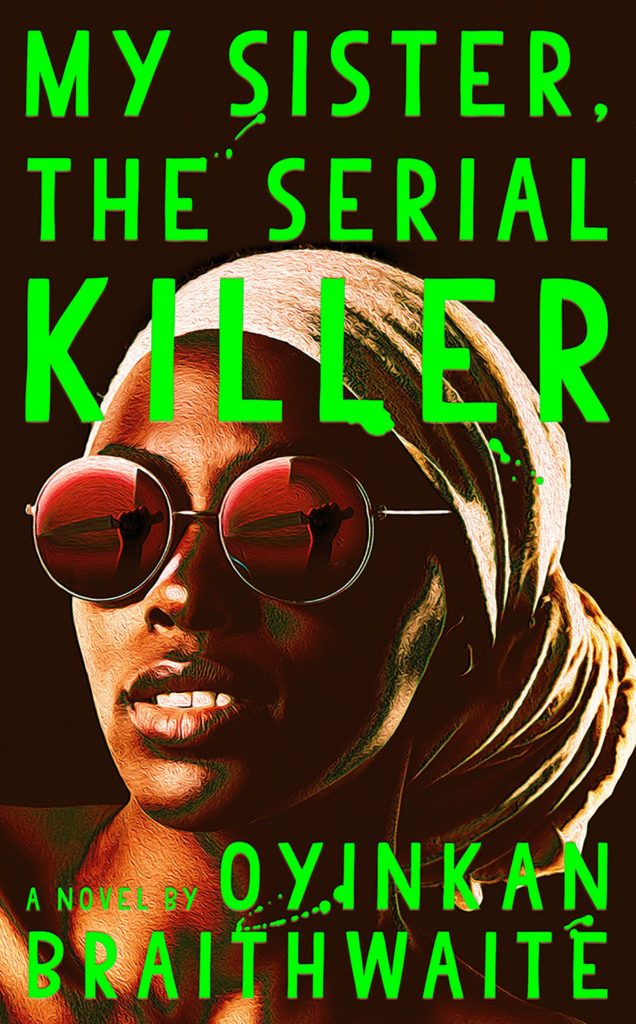
Ceri Levy
My Sister, The Serial Killer by Oyinkan Braithwaite – As it’s summer I’ve gone for a work of fiction to idle a few hours away with. Set in Lagos, the relationship between two sisters is examined. The younger sister, Ayoola is a serial killer and her elder and wiser sister, Korede, is a nurse, who clears up her sibling’s continuous trail of bodies of murdered boyfriends. Much like A Brief History of Seven Killings by Marlon James and Milkman by Anna Burns, the writing is unique, combining unfamiliar local language written with a poetic cadence creating an insight into Nigerian culture and the mindset of our gloriously dysfunctional characters. It is an absurd, witty and disgracefully amusing, murderous tale which keeps the reader engaged until the end, which sadly appears far too soon. A rollocking read taken care of in one or two sittings but immensely satisfying. Read at your peril. Shortlisted for the Women’s Prize for Fiction.
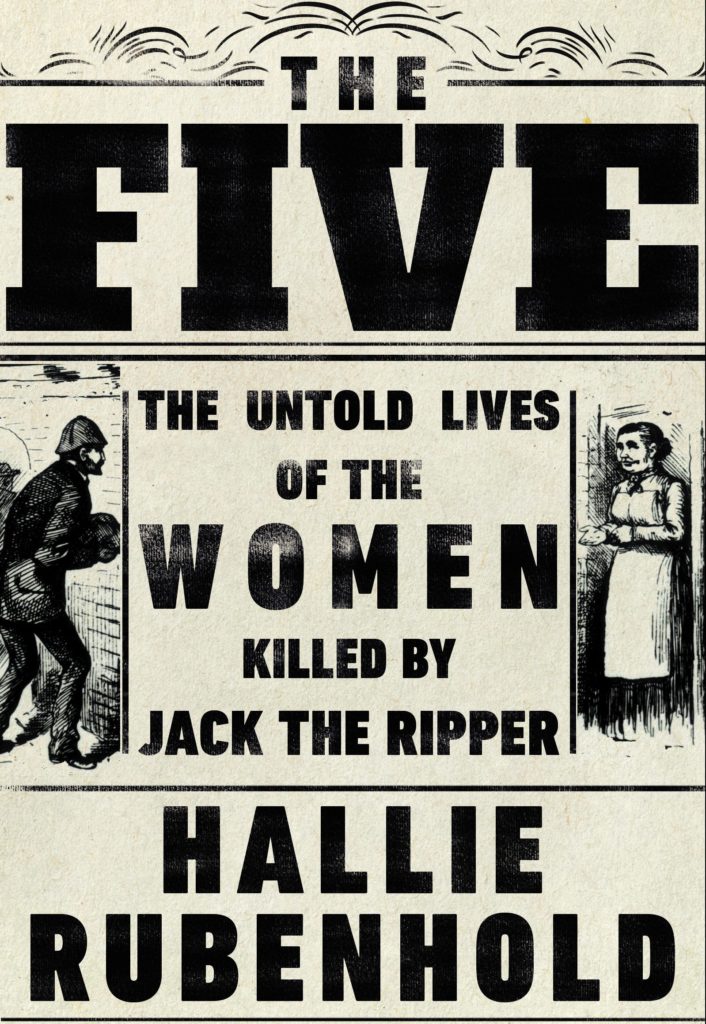
Clare Wadd
The most enjoyable books I’ve read in 2019 have been by Rosamunde Pilcher. I don’t know if I hadn’t heard of her until this year, or if I’d just casually discounted her – given my school Saturday job was in a library in the mid-1980s, the latter, I fear, and it’s been my loss. I’ve rattled through five of her novels in three months, barely budging from the sofa some weekends. The Shell Seekers, which I found first, follows Penelope’s life in flashback – love and loss in the war, husband and children and making do after – through Cornwall, London and the Cotswolds. But I possibly loved Coming Home, also rooted in Cornwall, more. It centres around teenage Judith as she grows up, parents and younger sister far away in Singapore when World War II breaks out. She’s farmed out to aunts and semi-adopted by a rich schoolfriend’s family but, never quite belonging, joins up, serving in the Navy overseas and trying to find out what has become of her family.
A book that will stay with me from this year but which I couldn’t, if I’m really honest, say I much enjoyed is Hallie Rubenhold’s The Five: The Untold Lives of the Women Killed by Jack the Ripper. As a longstanding volunteer leader of Ramblers walks in London, I inevitably run up against the Jack The Ripper industry and it makes we want to weep. When we name things for people, it’s generally because we want to honour them, so anything named for Jack The Ripper should be unacceptable. We all know his “name” without anyone actually knowing his name, but how many of us can name his victims, those women whose names actually are known? They were dismissed as prostitutes when most of them were just poor, sleeping rough because the workhouse was worse, vulnerable, alone on the streets and unlucky, both in life and in death. Their brutal murders continue to be both sensationalised and portrayed as some Victorian aberration, as if misogynistic violence is some historical curiosity not a daily fact for so many. Hallie Rubenhold has meticulously researched all their lives – from birth to inquest report through addresses, jobs, marriages, children, relationships and yes, records from the dreaded workhouse. They were Mary Ann Nichols, Annie Chapman, Elizabeth Stride, Catherine Eddowes, and Mary Jane Kelly. All were murdered in 1888 and no, there is no evidence that most of them were prostitutes. The Five is powerful and important and highly recommended reading. I can recommend Rosamunde Pilcher for some light relief after.